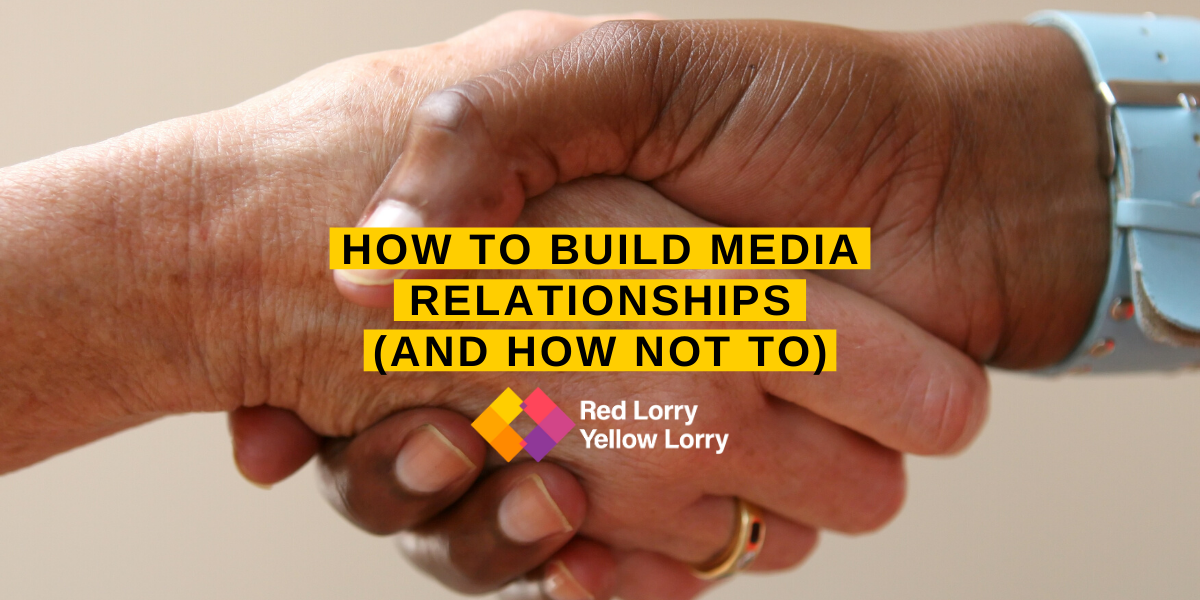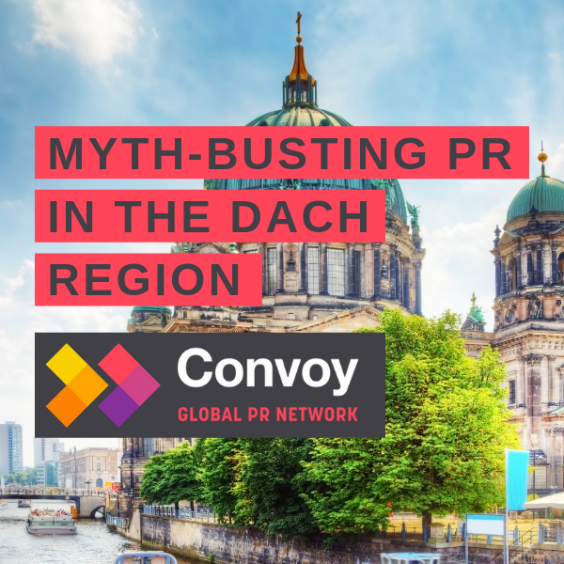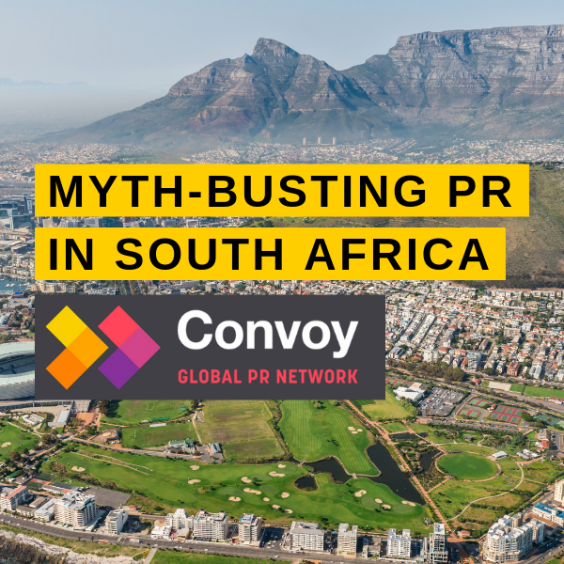You may have seen that several journalists on Twitter recently criticized a new service being offered by Press Hunt, a media database platform, that will send automated emails to targets whenever they mention specific keywords in their articles or tweets. Needless to say, they weren’t thrilled:
Every journalist on Twitter: Stop spamming us. We prefer direct outreach. Quality over quantity.
PR: https://t.co/MD1LTgWjNh— Christina Farr (@chrissyfarr) January 28, 2020
This shouldn’t come as a big surprise, given that public relations professionals outnumber journalists by a 6-to-1 margin, already flooding their inboxes with pitches – both relevant and, unfortunately, irrelevant too. So, the idea of a bot automatically sending emails based on trigger keywords would certainly be enough to make them cringe.
As if the
“I saw you wrote about X, and wanted to tell you about Y”
emails weren’t infuriating enough https://t.co/6NjAG72wEm
— Tom Pritchard (@tepritchard) January 28, 2020
How not to build relationships
One of Press Hunt’s key selling points for PR pros is that you can “build relationships with journalists while you sleep,” which is antithetical to everything that relationship-building is about. Human-to-human connections are what build relationships, and that’s not something you can do when you’re catching z’s.
Journalists receive dozens, if not hundreds, of pitches on a daily basis. They know the difference between an automated email and one sent by an actual person. Spamming them about your company based on a keyword they used in an article is a one-way ticket to getting blacklisted. And, sometimes you only get one shot to make a good first impression – you want to make it count.
Building better relationships
The simple fact is that proper, meaningful relationships take time to build; time that not everybody has (that’s what we’re here for!). Those who try to take shortcuts simply won’t establish the connections required.
Instead of putting your brand reputation at risk, here are five things you can do to start building better media relationships:
- Start small – Identify the top 3-5 journalists in your industry, and focus your time on them. Read through their past articles to truly understand what topics they care about, what companies they cover, and the kind of people they interview.
- Make it about them, not you – Self-promotion is a big media turn-off. A reporter’s priority is to inform their readers, not promote companies. So, think about how you can help them do that. Is it cluing them into an industry trend? Or flagging a piece of breaking news they might want to cover? The more you can position yourself as a resource, the stronger the relationship.
- Engage – Follow them on Twitter and start engaging with their posts. Share their articles across your channels. Reach out to them to offer a unique perspective on a topic or trend they just wrote about. Show them that you’re genuinely interested in what they’re writing about, not just trying to score free coverage.
- Do your homework – Just because a reporter includes a keyword that’s relevant to what you do in one of their articles, it doesn’t mean that it’s a topic they regularly cover. Shrinking newsrooms mean reporters might get tapped to cover something outside their core editorial focus, and then they never cover that subject again.
- Network at events – Next time you’re at a trade show, keep an eye out for people with a press badge and strike up a conversation. Ask them questions, like what they’re working on or what they’re hoping to learn at the show.
The important thing to remember is that journalists are people too. People who desire human connections and have their own wants and needs. That’s not something technology can replace.
Of course, you could call in the professionals to help you develop stronger media relationships. We know what reporters like and dislike, how to best appeal to their interests, and what makes a good story newsworthy. Plus, we’re already in regular contact with them!
Need help developing media relationships? Drop us a line to find out how we can help you develop your brand positioning, audience engagement, and lead generation, or visit our contact page.
Sign up to our newsletter


